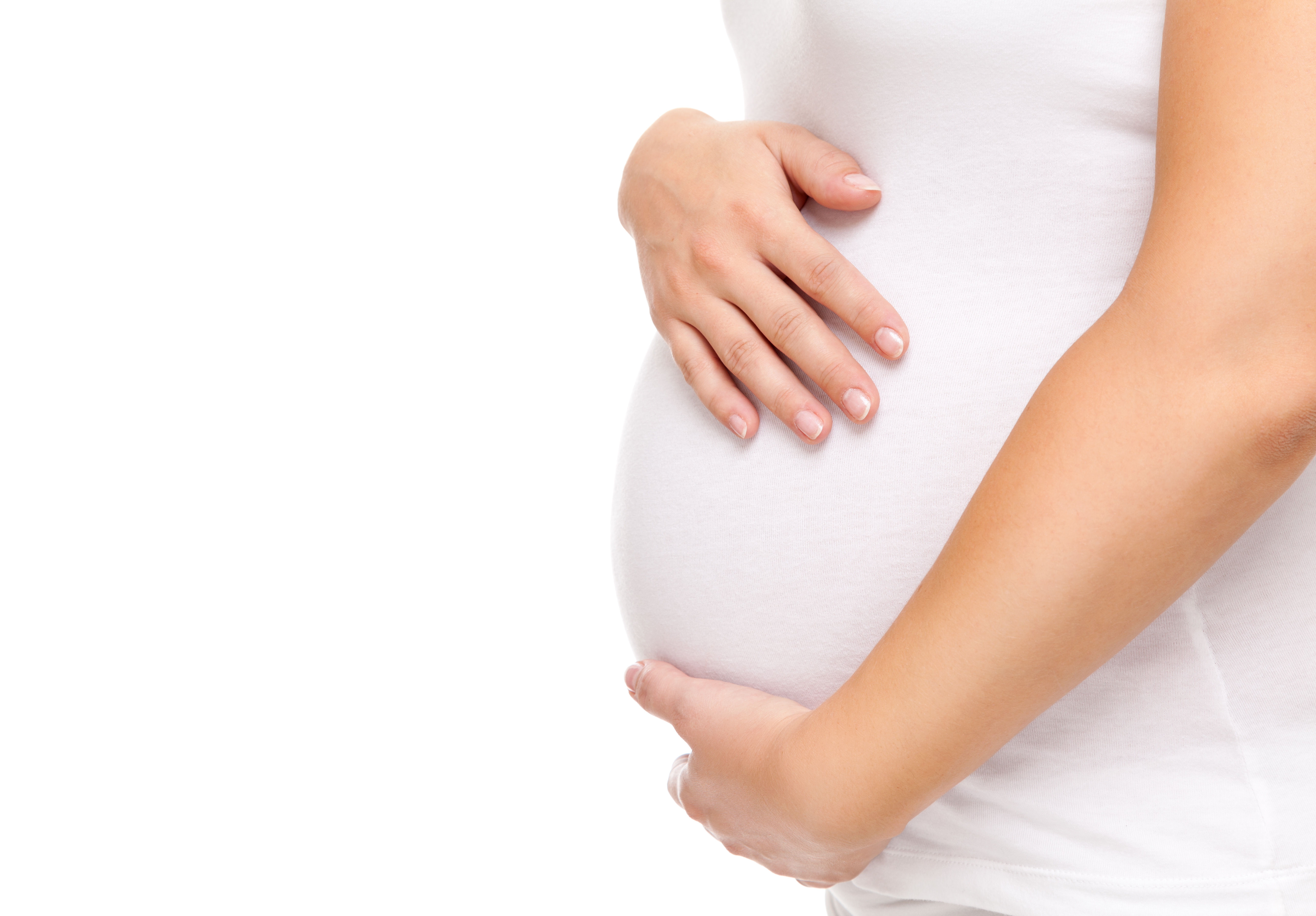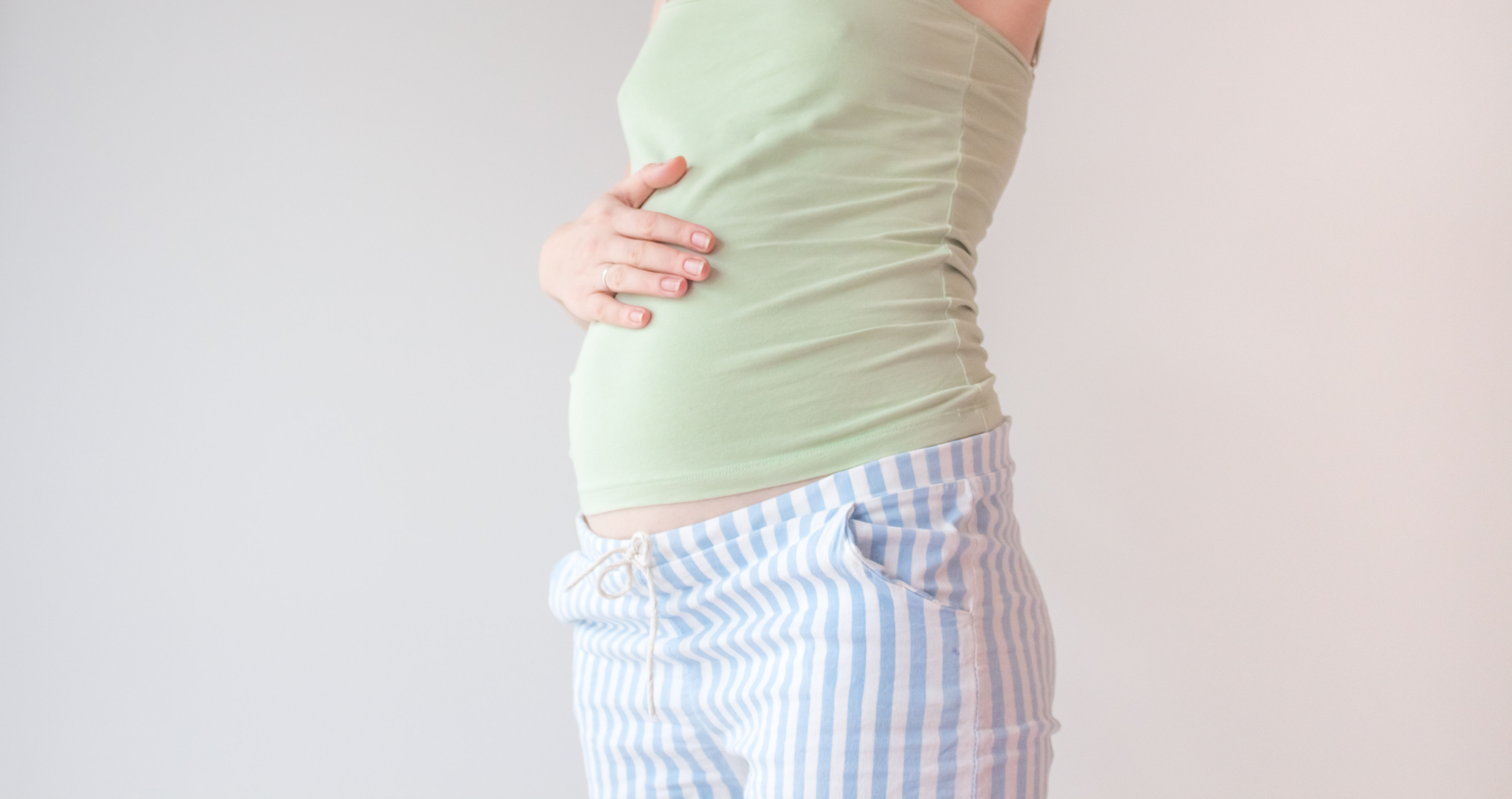
In the week 16, your baby is
the size of an Avocado
At week 16, your baby is growing quickly and you may start feeling more energetic. It's a great time to focus on self-care and enjoy the changes happening in your body!

You’re well into the second trimester now, and week 16 is an exciting milestone in your pregnancy journey. This week brings noticeable changes to your body and baby, along with some welcome relief from early pregnancy symptoms. Many women find this stage energising and enjoyable as they embrace their growing bump and prepare for the weeks ahead.
Let’s explore what’s happening to your body and your baby during this exciting week.
In week 16, you may experience increased energy, round ligament pain, nasal congestion, visible veins, and changes in appetite as your body continues to adjust to pregnancy.

Increased Energy
By week 16, the fatigue from earlier weeks usually fades, leaving you feeling more active and productive.
Round Ligament Pain
You might experience sharp or dull pains in your lower abdomen or hips. This is due to the stretching of uterine ligaments to support the foetus.
Nasal Congestion
Hormonal changes and increased blood flow may lead to stuffiness or a runny nose. Staying hydrated and using a saline spray can provide relief.
Visible Veins
You might notice veins becoming more prominent, especially on your legs, breasts, or abdomen. This happens because of the increased blood volume circulating in your body.
Appetite Changes
By week 16, many women find their appetite returning. Cravings or hunger pangs might become more noticeable.
Pregnancy Gingivitis
Due to hormonal changes, it’s common to experience swollen, bleeding gums during the second trimester, a condition known as pregnancy gingivitis. Occasionally, a harmless gum swelling called a pregnancy granuloma may appear but typically resolves after delivery. If you’re concerned, contact your dentist for the best advice.
By week 16, your baby’s organs are maturing, physical features are becoming more defined, & they’re growing rapidly. Movement is increasing, with subtle kicks and rolls starting.

Organ Development
By week 16, your baby’s organs are becoming more specialised. The liver produces bile to aid digestion. The tiny lungs practice breathing movements while the nervous system advances, enabling more refined muscle coordination.
Physical Features
Your baby’s features are becoming more defined: ears are entirely shaped, eyes (still closed) can move slightly, tiny eyelashes are forming, and soft lanugo hair covers the body, helping regulate temperature. The head is also becoming more proportionate to the growing body, which is shaping more clearly.
Weight of the Foetus
At week 16, your baby is about the size of an avocado, measuring approximately 11-12 cm long and weighing over 100 grams. This rapid growth is preparing them for the exciting milestones ahead.
Movement of the Baby
Your baby can now form fists, punch, kick, roll, and grasp, with their limb movements becoming more coordinated. While these movements are still too subtle to be felt, you may start sensing the first gentle flutters very soon!

At week 16, your baby is growing and moving! Embrace new energy, enjoy baby’s progress, and prepare for upcoming prenatal milestones.
In week 16, your body undergoes key changes to support your growing baby, like breast changes, thicker hair, increased blood flow and a growing uterus.

Breasts
By week 16, your breasts may feel fuller and more sensitive. The areolas might darken further, making small bumps called Montgomery glands more noticeable. These glands help keep the nipple skin moisturised. You might also notice visible veins due to increased blood flow.
Hair, Skin, and Nails
Your hair might feel thicker and shinier due to hormonal changes slowing down hair loss. Some women also notice faster nail growth, though nails may become more brittle. Changes in skin pigmentation, such as dark patches on your face (melasma) or a line running down your belly (linea nigra), may also appear.
Respiratory and Cardiovascular Systems
Your body works harder to support your baby, increasing blood flow and heart rate. This may cause breathlessness, dizziness, or lightheadedness when standing quickly.
Vaginal Discharge
Increased vaginal discharge is common during this stage of pregnancy. It’s usually thin, milky, and odourless and helps protect against infections.
Uterus Size and Position
By week 16, your uterus is about the size of an orange, and your belly may show more. It moves higher in your abdomen, easing bladder pressure.
Placenta Position
The placenta is fully functional, providing oxygen and nutrients to your baby while removing waste. It’s an essential support system for your baby and produces hormones that sustain the pregnancy.

Take it easy
Take care of yourself by cutting back on strenuous tasks and refraining from intercourse.

Early arrival
Discuss premature labour signs with the doctor to address concerns and get proper guidance.

Preterm signs
If you suspect early labour, read up on premature delivery and baby care essentials.

Stay active
Keep practising regular prenatal exercises like deep breathing, yoga and moderate walking.

Contraction care
Practice deep breathing and visualization techniques to stay focused during contractions.
Week 16 marks the second trimester, with antenatal care focusing on your baby’s growth and your well-being. You may have a check-up and some scans or tests.

Routine Check-Up
If not done yet, your monthly checkup may be scheduled for week 16. Your doctor will check your blood pressure, monitor weight gain, check the baby’s heartbeat, and address any symptoms or concerns.
Ultrasound Scan
While a routine ultrasound isn’t typically scheduled at week 16 in many pregnancy care plans, some parents may have a scan if the doctor recommends examining the baby’s growth and development. Additionally, it evaluates the baby’s heart health through a fetal echocardiogram, amniotic fluid levels, and blood flow patterns to monitor overall fetal well-being.
Quadruple Test (Optional)
Based on your pregnancy risk, your doctor might offer the quadruple test this week. This blood test measures levels of four proteins: alpha-fetoprotein (AFP), hCG, estriol, and inhibin-A. It helps assess the risk of genetic or congenital conditions like Down syndrome, neural tube defects, and abdominal wall defects.
Amniocentesis
This prenatal test is typically done between 15-18 weeks to check for chromosomal abnormalities and neural tube defects. It may be recommended if a family history of neural tube defects or other tests show abnormal results. It carries a slight risk of miscarriage and hence not advised routinely. It is performed only if medically indicated or suggested by your healthcare provider for your situation.

Discover trusted advice from experts for all stages of your parenting
Many women experience increased energy, round ligament pain, nasal congestion, and noticeable changes in their hair, skin, and nails. You might also have a growing appetite as your baby develops.
It’s possible, but not guaranteed. Some women start feeling tiny flutters, called "quickening," around this time, while others may notice them closer to Week 20.
Your baby is about the size of an avocado, measuring approximately 11-12 cm long and weighing around 100 grams.
Yes, increased vaginal discharge is common and helps prevent infections. As long as it’s thin, milky, and odourless, it’s normal. If you notice a strong smell, itching, or unusual colour, consult your doctor.
Most women notice a small baby bump around week 16, though it varies depending on factors like body type and whether this is your first pregnancy.
Yes, hormonal changes and increased blood flow can cause headaches. Stay hydrated, rest well, and avoid known triggers. If headaches are severe or persistent, seek medical advice.
Your doctor may schedule a check-up to monitor your blood pressure, weight, and your baby’s heartbeat. They might also suggest blood tests or the quadruple test to screen for chromosomal conditions.
Yes, regular, moderate exercise is encouraged during pregnancy unless your doctor advises otherwise. Activities like walking, swimming, and prenatal yoga can help you stay healthy and prepare your body for labour.